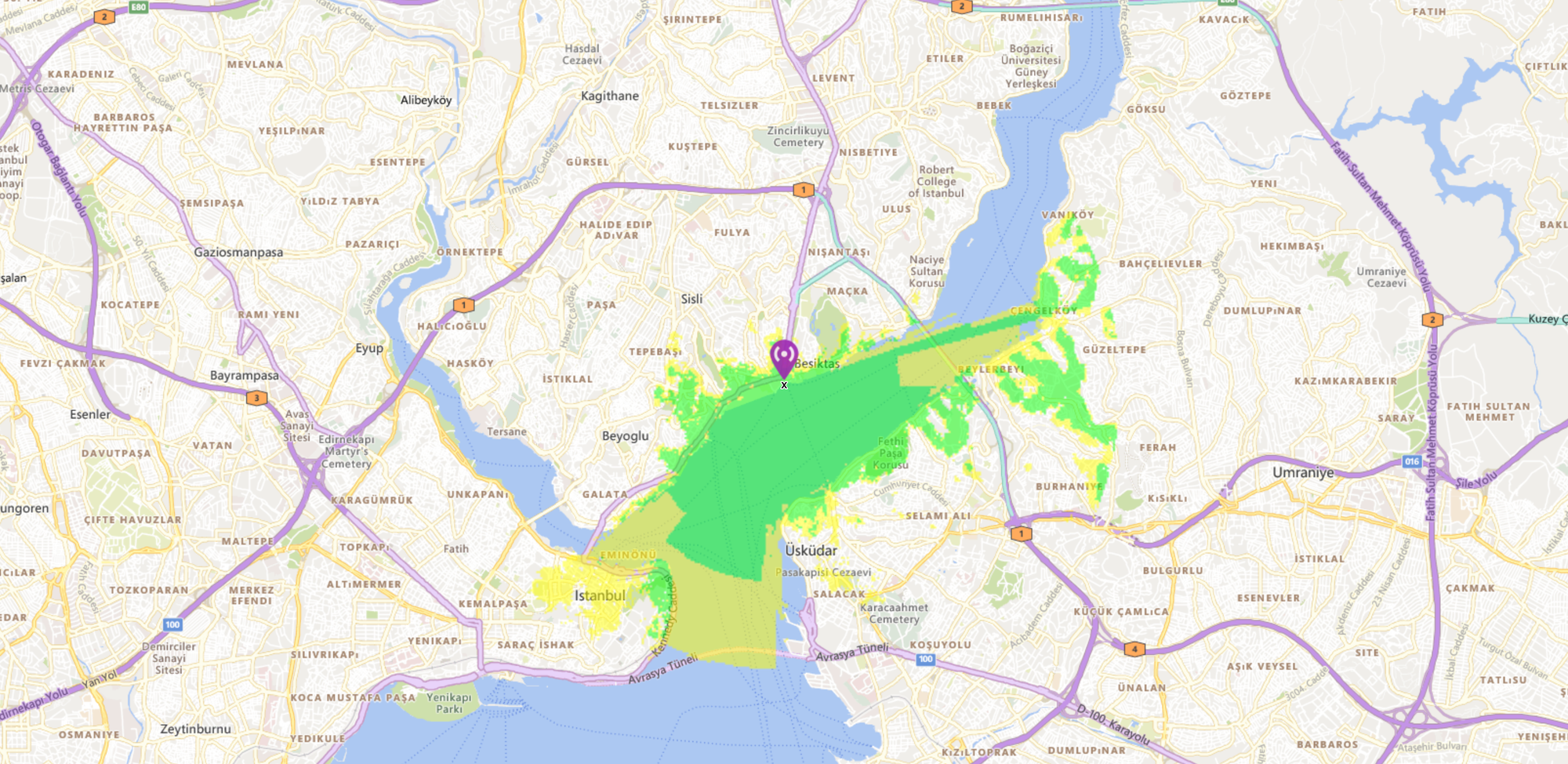- cross-posted to:
- [email protected]
- cross-posted to:
- [email protected]
cross-posted from: https://lemmy.radio/post/3984950
Discover the power of Meshtastic with our step-by-step guide on creating coverage maps for your Lora nodes. These maps are key in optimizing communication range, visually showcasing signal strength and coverage areas within a LoRa mesh network.



I’m not familiar with this.
https://meshtastic.org/docs/introduction/
Mmm.
Generally-speaking, range and data rate tend to move inversely with each other. What’s the data rate?
https://dronee.aero/pages/zoon
Is that just that device?
kagis
No.
https://unsigned.io/understanding-lora-parameters/
So, there are obviously interesting applications for a radio data network that you can build out yourself without restrictions. But for most day-to-day stuff that I use, the considerably-higher data rates provided by cell phone networks are preferable.
Skimming online, it looks like one group that is really excited about LoRA are hikers, because it gives them the ability to at least get a text message out with their location if they run into trouble in areas outside cell range, and it’s a lot cheaper than having satellite phones. That sounds like a good application.
I can also imagine a lot of interesting things you could do on a farm, do wireless control of equipment and such.
Or with some robots that need to receive occasional commands or send position updates, but don’t need much in the way of bandwidth.
But I’m not sure how many people have an application for which this is a great solution.